Most people are under the impression that the practice of lifestyle medicine and the whole food, plant-based diet, and lifestyle upon which it is based is only a few decades old. However, the true credit for this revolutionary approach to health care and diet rests with a group of 19th-century pioneers of the Natural Hygiene movement whose visionary and powerful writings and speeches inspired the founders of the American Natural Hygiene Society—now known as the National Health Association. We are pleased to share their remarkable stories and contributions.
Scroll down for a brief introduction to our pioneers, or click below to read their extensive biography.
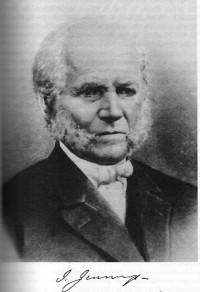
(1788-1874)
Isaac Jennings deserves credit for being the father of medically supervised water fasting. He found that a regimen that included fasting, a vegetarian diet, pure water, sunshine, clean air, exercise, and rest was more conducive to health than allopathic drugs (treating diseases using drugs, radiation, or surgery).
From this, he concluded that most diseases were reactions to unfavorable environmental factors and that disease results from a ‘deficiency of force.’ Rest and non-interference with the body’s innate healing mechanisms are the best means to regain health. Fasting as complete physiological rest was employed to regain and maintain good health. The only “drugs” he prescribed were bread pills and colored water, along with detailed instructions for lifestyle change. After many years of successful practice, he announced that he had no faith in drugs and would no longer make any pretense of prescribing them.
Quote:
“None who believe in the existence of a Supreme Creator and are in the habit of observing the exact order and harmony that prevail in all the material substances and bodies around them, will question that their own bodies, which are so “fearfully and wonderfully made,” are constituted in accordance with fixed principles and that ordinarily, at least, all the vital machinery of their physical systems is controlled by expressed law.”
Excerpt From Fasting Supervision and Lifestyle Care (Burton, Burton and Krackler)
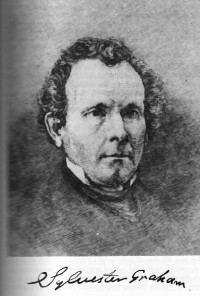
(1794-1851)
Sylvester Graham is generally considered the founder of the National Hygiene movement. He was America’s first crusader for healthful living in diet, exercise, sleep, bathing, clothing, and sexual, emotional, and mental expression. His mastery of anatomy and physiology guided his advocacy of vegetarianism and abstinence from alcohol and tobacco. In 1830, Graham launched the Crusade for Health and Physiological Reform through his lectures and writings. He became a champion of Natural Hygiene and living reform that we see in the National Health Assocation. He boldly asserted that right living is a surer means to health than a resort to physicians and drugs. His great monumental treatise, his Lectures on the Science of Human Life, published in 1839, became a leading text on health reform.
“It is requisite that the physician should well understand the physiological powers and laws of the body; in the second place, that he should understand the nature of the disease, and in the third place, as a general rule, that he should fully and clearly ascertain the cause of the disease. For, as Hippocrates justly observes, the man who attempts to cure a disorder without knowing the cause is like groping in the dark as a blind man.“
–Sylvester Graham

(1798-1859)
William A. Alcott was an author of over 100 books and a proponent of vegetarianism with a keen interest in civil, social, moral, and religious reform. In 1837, he co-founded The American Physiological Society, which was established to teach physiology, anatomy, and the nutrition of a vegetarian lifestyle. He was also a founding member and first president of the American Vegetarian Society (est 1850) and played a leading role in spreading vegetarianism in the 1800s.
His best-known work, Vegetable Diet: As Sanctioned by Medical Men and By Experience in All Ages, is just as significant in the medical literature as it is in a vegetarian lifestyle. He later added many recipes, many of which were vegan, as Alcott promoted the health benefits of a healthy lifestyle without using animal products.
Quote
”A vegetable diet lies at the basis of all reform.”
Dr. William Alcott – at the first meeting of the American Vegetarian Society – 1850
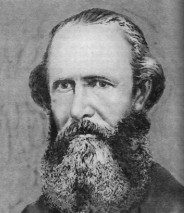
(1812-1877)
Russell Thacker Trall studied the leading schools of therapy, i.e., “regular” (allopathic) medicine, homeopathy, and the eclectic, physico-medical, and chrono-thermal traditions. In 1840, he began a “regular” (allopathic) practice. Discontent with the results of most therapies, he based his practice in increasing measure on the ideas of Sylvester Graham (health through healthy living). In 1853, he opened a medical school, the New York Hygeio-Therapeutic College. According to Trall, the root cause of disease was the accumulation of toxic substances caused by improper living habits and allopathic medications. Trall was a forceful debater, preacher, and editor of several magazines for laymen and medical practitioners. He was the author of many books in which he relentlessly propagated his findings.
“The system which we endorse and practice is true—in harmony with nature, in accordance with the laws of the vital organism, correct in science, sound in philosophy, in agreement with common sense, successful in results, and a blessing to mankind.”
Excerpt From The Greatest Health Discovery
Sylvester Graham, Russell T. Trall, and Herbert M. Shelton

(1830 – 1911)
A physician, hydrotherapist, proponent of natural hygiene, and one of the leaders of women’s rights and dress reform, Susanna Way Dodds became the fourth woman in the country to become a physician. She was Vice President of the Vegetarian Society of America. Dodds opened the Dodds’ Hygeian Home facility and ran this facility for over 50 years.
Susanna and Mary Dodds, MD, founded the Hygienic College of Physicians and Surgeons in 1887 in St. Louis, Missouri, and focused on natural methods of treatment. She was also Dean of the Hygienic College of Physicians and Surgeons and one of the country’s most eminent hygienists.
Dr. Susanna Dodds greatly influenced Natural Hygienist Herbert M. Shelton, a founding member of the modern-day Natural Hygiene Health Movement. This evolved into the National Health Association in 1999.
Quote
“According to nature’s teachings, living lengthens life and fills it with joy. Pursuing an opposite course shortens it and renders it miserable and worthless.”
Susanna Way Dodds, M.D. (1830-1911): Excerpt From The Natural Hygiene Handbook
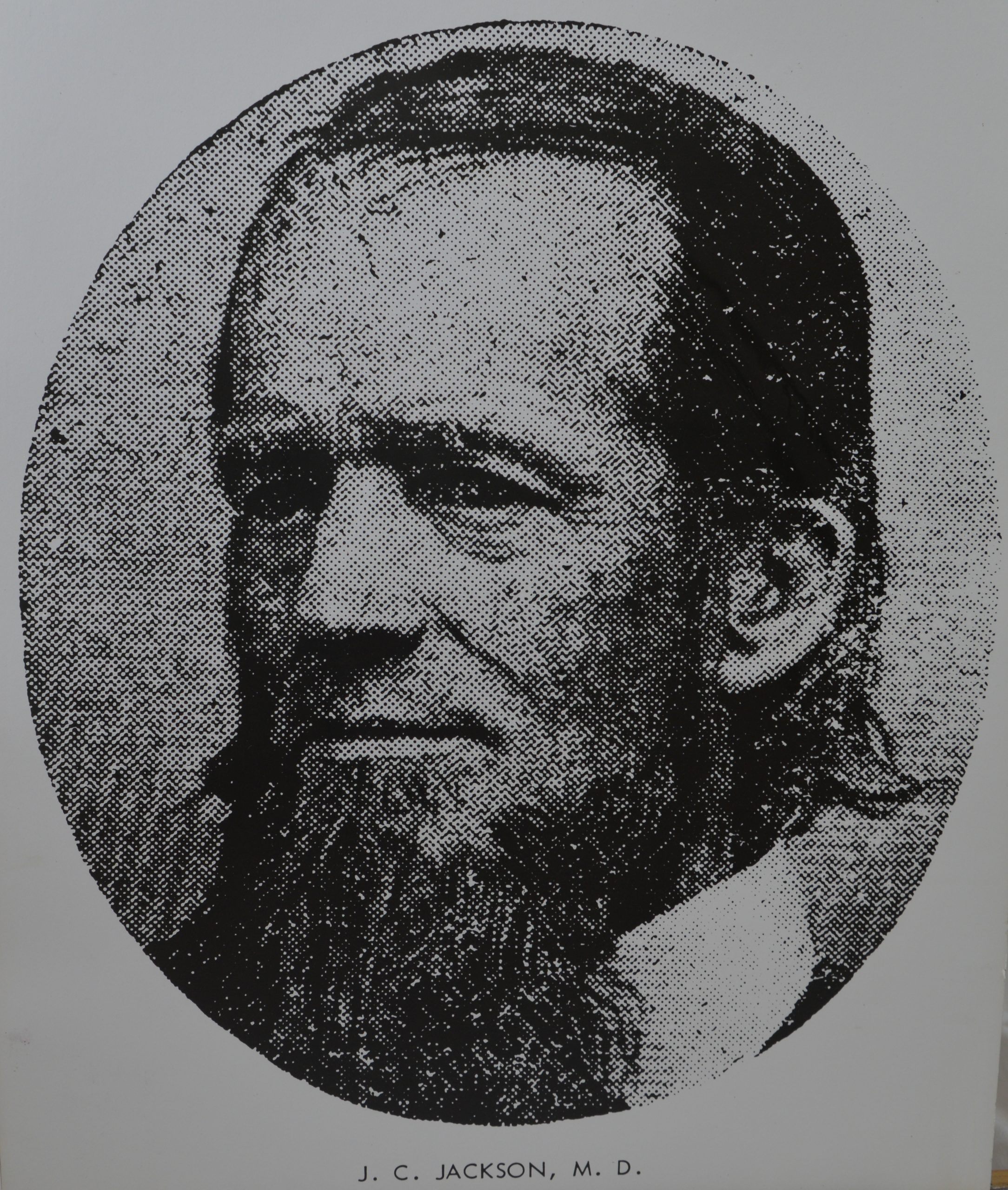
(1811-1895)
James Caleb Jackson, M.D., focused on nutrition and created the first breakfast cereal called Granula.
Throughout the first part of his life, he suffered from poor health, and he eventually became a patient under the care of Dr. Gleason, a hydro-hygienist. Together, Jackson and Gleason established a Hygienic Institute known as the Glen Haven Water Cure. In 1858, Jackson opened Our Home Hygienic Institute, becoming the largest Hygienic Institution in the world.
Dr. Jackson’s principles included simple food, clean air & water, sunshine, solid sleep, exercise, and hydropathy treatments as required. He was an influential natural health practitioner of the 19th century and one of the great pioneers leading to the National Hygiene Movement, which became a cornerstone of the National Health Association.
“It is because the world stands so much in need of this knowledge that we are determined to make it available to those who might come within our influence. And though we have had to suffer as almost all persons who undertake new truths, we have been enabled to endure, and that is what always wins victories.“
Excerpt From The Greatest Health Discovery

(1826-1891)
Harriet Austin was a hydrotherapist, author, and dress reform advocate. She was among the first women in the world to receive the title Doctor of Medicine and one of the first doctors (male or female) to specialize in hydrotherapy.
She went into practice at Our Home Hygienic Institute, which became the largest hygienic institute in the world. Working with Dr. James Jackson, she promoted and practiced his principles, which included simple food, clean air and water, sunshine, solid sleep, exercise, and hydropathy treatments as needed.
As editor of the magazine Laws of Life, she spread the message of Hygiene and remained in this position throughout her life. She also authored several books on women’s health, bathing, and dress reform.
Together with Susan Dodds, Harriet Austin promoted the National Dress Reform Association. To support the movement, she created and modeled an outfit that she felt would promote health. She dressed in this style her entire life.
She was an influential female natural health practitioner of the 19th century, a dress reform advocate, and a true trailblazer. She became one of the great pioneers of the National Hygiene Movement, a cornerstone of the National Health Association.
“People need to learn that the natural condition of human beings is one of health; and that every instance of sickness and suffering, unless caused by accident, is brought about by some wrongdoing, either on the part of the sufferer or others.”
-Harriet Austin, M.D. (1826-1891)
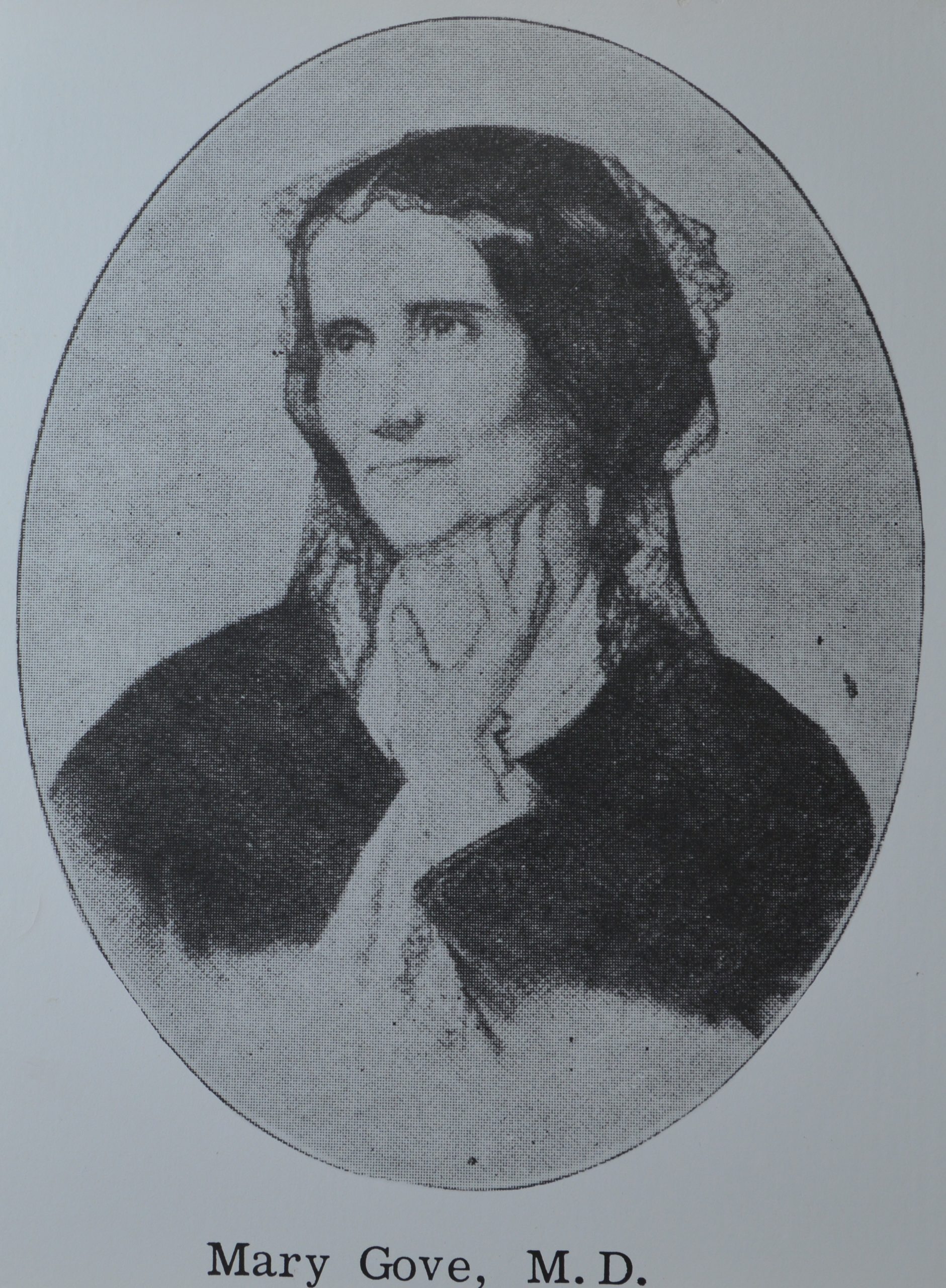
(1810-1884)
Mary Gove Nichols was one of the most influential women in America. She was a radical social reformer and a pioneering feminist who promoted good health through Graham’s principles and healing through Hydropathy.
After hearing Sylvester Graham’s lecture on his crusade for health, Mary instantly began following his lifestyle. Grahamites, as they were called, limited their diets, had strict mealtimes, avoided meat, spices, and condiments, abstained from tea, coffee, or alcohol, breathed fresh air, and bathed regularly.
Mary and Thomas Low Nichols founded the American Hydropathic Institute to teach the principles of water therapy and Graham’s lifestyle. Men AND women were equally accepted and, upon graduation, awarded a medical degree. The American Hydropathic Institute was one of the first programs in the country to award a medical degree to women.
Mary was part of the beginning of the Hygienic movement, which became the foundation of the National Health Association.
Quote:
“Women have acted for so long and have little idea of independent action. The public puts its mold upon us, and we come out as nearly alike as peas. My remedy for all this slavery of women is for her to begin to judge and act for herself. She should not be the victim of man or false public opinion.”
From The Greatest Health Discovery. Graham, S., Trall. R., Shelton, H.
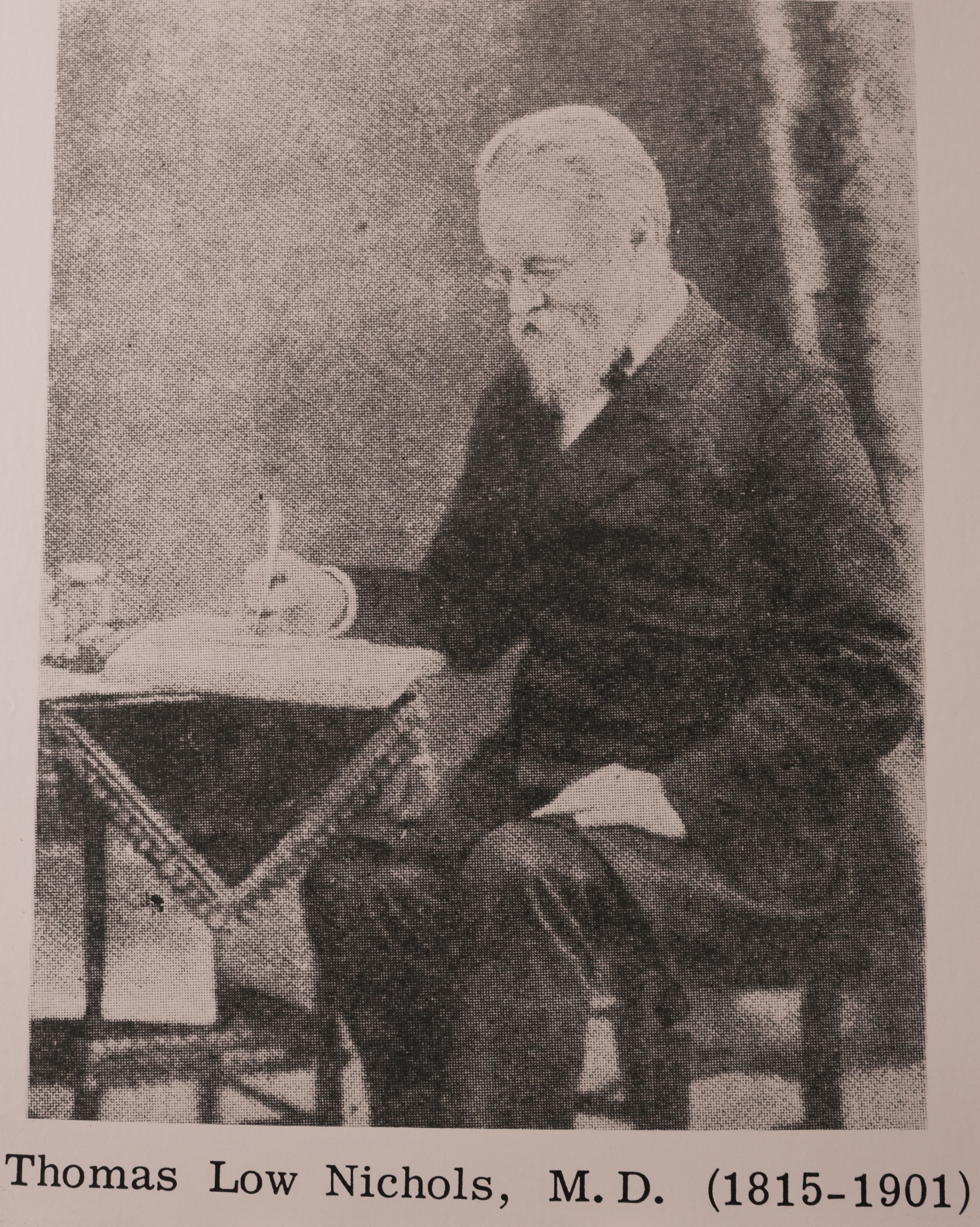
(1815-1901)
Thomas Low Nichols was a journalist, editor, physician, author, rebel, and radical reformer. After hearing Sylvester Graham’s lecture on Crusade for Health and Physiological Reform, he immediately followed Graham’s principles. In 1851, Thomas and his wife, Mary Gove Nichols, opened the American Hydropathic Institute, the first medical establishment created to teach the principles of water therapy and living simply. Most significantly, it was one of the first medical schools in the world to admit women.
As noted in the publication section, Thomas was a prolific writer. His numerous books and periodicals focused on the principles of the American Hydropathic Institute. He lectured extensively all over the East Coast and in England.
He became a champion of the Natural Hygiene movement, which provides the foundational base of the National Health Association.
Quote:
What is good for the healthy man… is not always suitable for the sick.
Excerpt From The Greatest Health Discovery: Sylvester Graham, Russell T. Trall, and Herbert M. Shelton
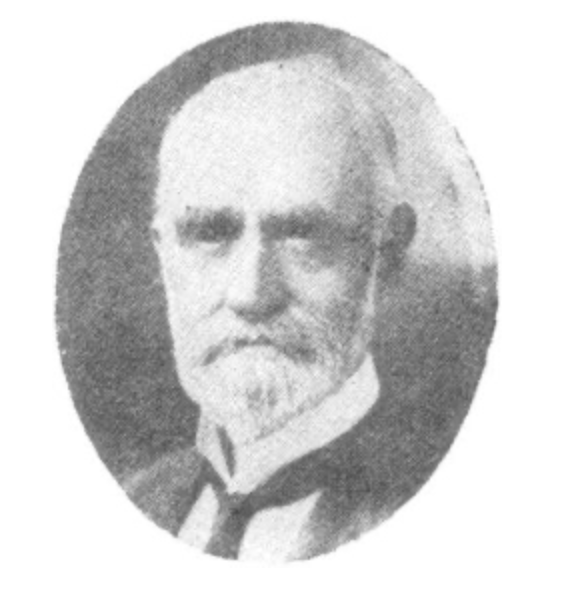
(1840-1925)
Charles Edward Page was an American physician, hydrotherapist, natural hygiene advocate, and anti-vaccinationist. He was an early advocate of therapeutic fasting and abandoned the drugging practice for Hygiene and its principles.
Dr. Page witnessed many outbreaks of typhus, various fevers, and pneumonia, and his extensive writings describe the human body’s ability to heal. Raising a large family, Dr. Page understood the importance of guiding children to health and wellness. His writings, describing how to raise healthy children, were successfully summarized in his book How to Feed the Baby, A Nursery Guide.
Through his work, he became a cornerstone of the Natural Hygiene movement, which provided the foundational base of the National Health Association as we know it today.
QUOTE:
Excerpt From The Greatest Health Discovery: Sylvester Graham, Russell T. Trall, and Herbert M. Shelton
“What are commonly called diseases and the common practice used by allopathic doctors, of ‘controlling the symptoms with drugs,’ is like answering the cries and gesticulations of a drowning man with a knock on the head.”

(1841-1921)
Robert Walter is among the scientists and scholars who dedicated themselves to studying and practicing the fundamental truths of Hygienic living, emphasizing the role of the fast. Healthy living ensures health recovery by supplying the body with the elements of health and removing what is valueless. Dr. Walter documented this repeatedly.
Dr. Robert Walter was head of the world-famous Hygienic Walter’s Park Sanatorium. The Science of Natural Hygiene ‘cures’ sick people by removing the cause of the disease. He shared nature’s health remedies: air, light, food, water, exercise, rest, sleep, etc. He believed that physicians of his day were more interested in disease than health and wellness. His principles supported the fundamental truths of Hygienic living, which became the cornerstones of the National Health Association.
Quote
“Nutrition is a function of life, occurring only in living things, and is a product of the power of life, properly called the vital force. The conditions for the operation of this power are, first, machinery or the organism through which it may work, and second, the materials needed to build and repair the organism. Power has always been first, with the machinery or organism as its product and nutrition as its process.”
ROBERT WALTER, M.D., – From The Exact Science of Health, 1909
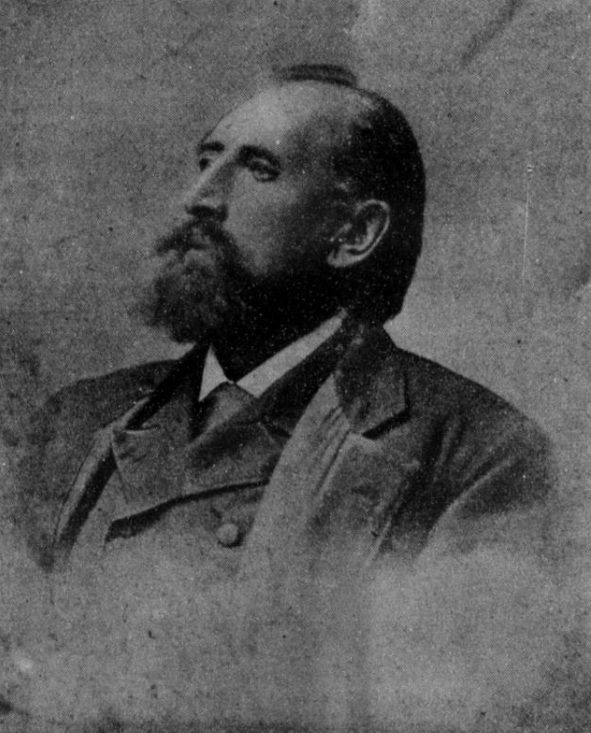
(1845-1906)
Dr. Felix Oswald supported natural hygiene, advocating fasting, a vegetarian diet, pure water, clean air, sunshine, and exercise. He was a physician, naturalist, and prolific writer and was influenced by Sylvester Graham. Though trained in allopathic medicine, he became a Hygienist of the first rank.
Dr. Oswald was a gifted author, and his extensive travels and observations were woven throughout his work. In 1889, he contributed to the column of the Journal of Good Health under the general title International Health Studies.
The Hygiene Movement has been led by an unbroken line of physicians who rejected orthodox medical practice while dedicating themselves to teaching people how to live disease-free lives. These men and women were startlingly ahead of their time, and Dr. Felix Oswald joined their ranks as one of the pioneers of Natural Hygiene.
Quote
In sickness, stimulation cannot further recovery by a single hour. Our physical constitution has a strong progressive tendency; Nature needs no prompter. Once healing is complete, the body’s normal functions will resume as spontaneously as a stream’s current resumes its course after an obstruction is removed.
Excerpt From: The Greatest Health Discovery by Sylvester Graham, Russell T. Trall, and Herbert M. Shelton
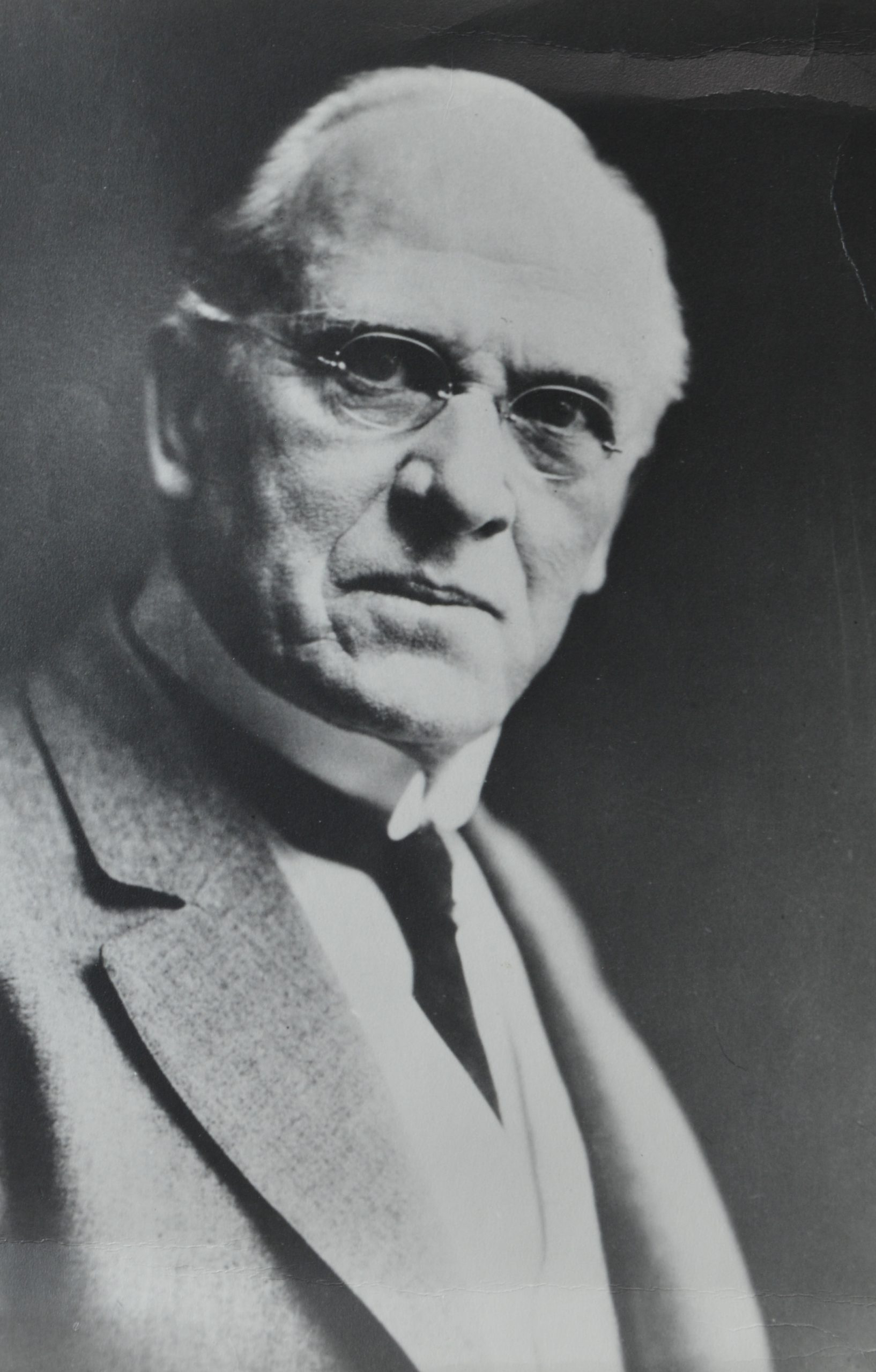
(1851-1940)
Dr. John H. Tilden, a physician and natural hygiene proponent, was known for alternative healthcare, his criticism of pharmaceutics, and his theory explaining disease via “toxemia, establishing the relationship between “deficiency of force” and the accumulation of body waste. All elements of Tilden’s enervation-toxemia theory are present in the early Hygienic theories about etiology (the causes of diseases), but they were not systematized or organized. Tilden’s work was paramount to organizing and summarizing these theories.
The evolution of the philosophy of Natural Hygiene (known today as NHA) was pioneered in the 19th century. The initial supporters were primarily medical doctors, and he was one of the pioneers who brought this health discovery to light.
Quote
“Health represents a body and mind adjusted to and in unison with nature’s laws. Disease represents any departure from this ideal state.”
Excerpt From The Natural Hygiene Handbook


 SUBSCRIBE TODAY AND NEVER MISS AN UPDATE
SUBSCRIBE TODAY AND NEVER MISS AN UPDATE